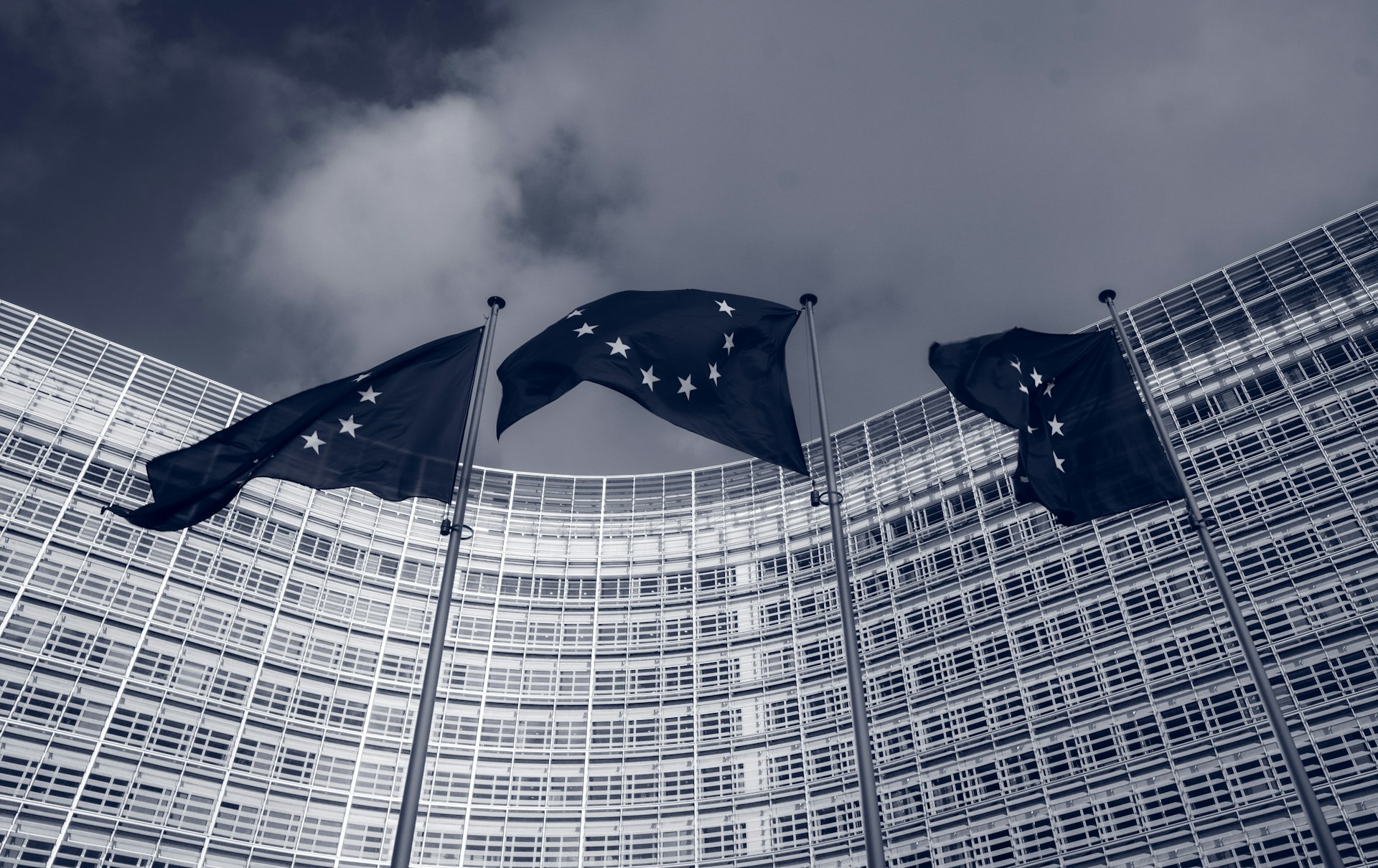How Legal and Illegal Migration Will Shape the Identity of the Old Continent
While 2015 marked the year of the so-called “open borders policy” (Angela Merkel), which saw 1.3 million migrants enter Europe that year, recent years have brought a shift in the narrative regarding this issue. Migration is no longer treated solely as a humanitarian issue but also as a security concern. In September 2023, former British Home Secretary Suella Braverman warned that uncontrolled migration poses an existential risk to Western nations. At the end of last year, the new European Pact on Migration and Asylum was adopted, introducing a more restrictive approach to migration. Some political circles in Europe advocate for a “Fortress Europe” approach, calling for maximum restrictions on new migrations to the European continent.
Most policies and legal solutions aim to stop illegal and uncontrolled migration. On the other hand, they advocate for the arrival of foreign labor from African and Asian countries. This is where the trap lies. While there were around 400,000 illegal migrations to Europe in 2023, this is a small number compared to over 3 million foreign workers. Legal migration is changing Europe’s identity far more. Under the guise of labor shortages – shortages caused by Europe’s demographic collapse due to destructive policies of the past sixty years – the identity of the Old Continent is shifting. Due to the dictatorship of political correctness and the looming cancel culture, few dare to criticize so-called legal migration.
Migration Policies Without Change: What Does This Mean for the Future of Europe?
What can we expect in the future? Despite publicly declared restrictive approaches, it is unlikely that the intensity of migration will decrease. Statistics show that in recent years, both illegal and legal migration have increased. There has been no significant change in the approach to migration, indicating that current policies are likely to continue as long as the current political structures in the European Union remain in power. Without changes in leadership, it is difficult to expect a reversal in migration policy. Only a new sovereigntist wave in Europe, one that would turn current policies around 180 degrees, could guarantee a change in the harmful migration policies that have already destroyed many parts of Europe in terms of security, identity, and culture.
In February 2024, Hans Leijtens, head of the European Border and Coast Guard Agency (Frontex), stated that irregular immigration cannot be stopped. For example, illegal migration from West Africa increased tenfold in January 2024, and Frontex estimates that these numbers will continue to rise throughout the year. Leijtens believes that it is impossible to completely halt illegal migration. Such statements may seem defeatist, but they are part of a broader discussion on demographic changes, which some view as a planned process of the “great replacement” of populations. This concept causes concern among those who believe current migration policies encourage drastic changes in the composition and identity of European societies. EU political structures could protect European borders if they wanted to (there are security services capable of guarding borders), but by spreading defeatist messages, they amplify conviction of those who believe in the past and future population replacement policies.
More Than 50% of Young Africans Plan to Emigrate: What Does This Mean for Europe?
The continuation of current policies, coupled with population growth trends in Africa and Asia, guarantees the implementation of the population replacement agenda. By 2100, Africa is expected to have 4.5 billion inhabitants – four times its current population – while Asia will have 4.8 billion. Europe, the only continent expected to see a population decline, will shrink from 742 million to 653 million people.
A June 2022 survey covering 15 African countries showed that Africa’s youth have lost faith in their countries and continent. Only 32% of respondents were optimistic about Africa’s prospects. In almost all countries surveyed, at least two-thirds of young people believed their nations were headed in the wrong direction. But the real bombshell, as The Guardian reported, is that a very high percentage of young people are considering migration. While previous surveys indicated that over two-thirds of young people wanted to stay, now 52% plan to move abroad within the next three years. About 60% of Africa’s population is under 25 years old, with more than one-third between the ages of 15 and 34. By 2100, Africa will have the youngest population in the world, with an average age of 35.
It is not hard to predict where these migrants are headed. The myth of a wealthy, inclusive, and tolerant Europe where everyone can achieve their dreams is ingrained in the minds of most people. And it is not difficult to imagine what the arrival of even just 100 million people would mean for Europe’s identity and security.
What Is the Position of the Political Bureaucracy in Brussels? European Commission Vice President for Democracy and Demography, Dubravka Šuica, stated last year that Europe should increase migration from Africa and other regions to address the demographic problems facing the continent due to its aging population. “By 2070, Europe is expected to make up just 4% of the world’s population. So, we must balance this. That’s why we’re interested in global demography,” Šuica said. She added that migration from regions like Africa, which has the youngest population of any continent, could be a way to address the looming demographic crisis in Europe.
Former European Commission President Jean-Claude Juncker said in 2017 that the EU must create legal pathways for migrants to come to Europe because Europe will need immigration in the coming decades.
It seems that European leaders are not seriously considering changing their current demographic policies. The question of why Europeans do not want to have more children is often ignored, while attention remains focused on migration from Africa and Asia as a solution to demographic challenges. This approach fuels theories about the great population replacement, which highlight concerns about the long-term consequences of these migration policies on European identity and social stability.
